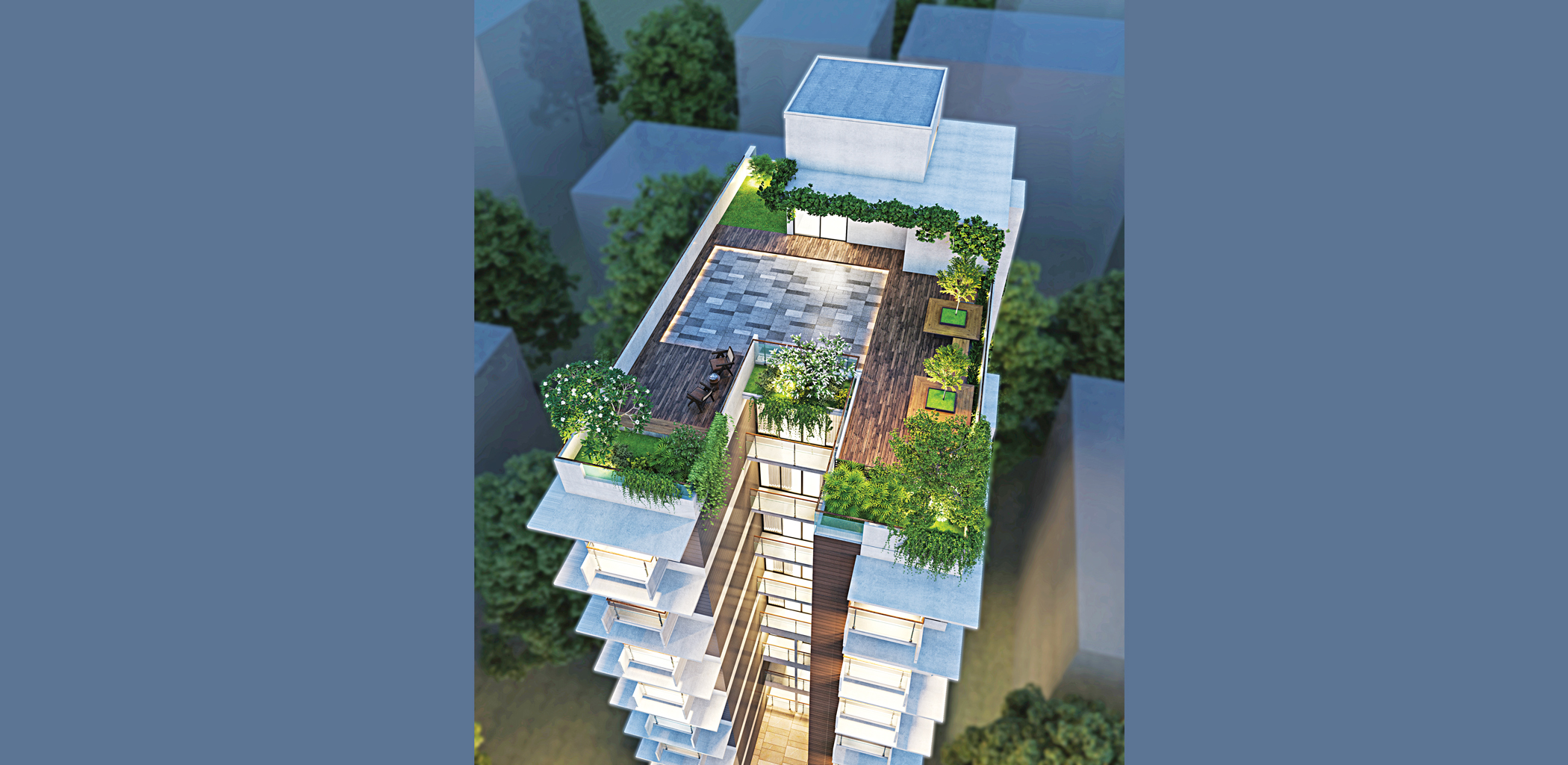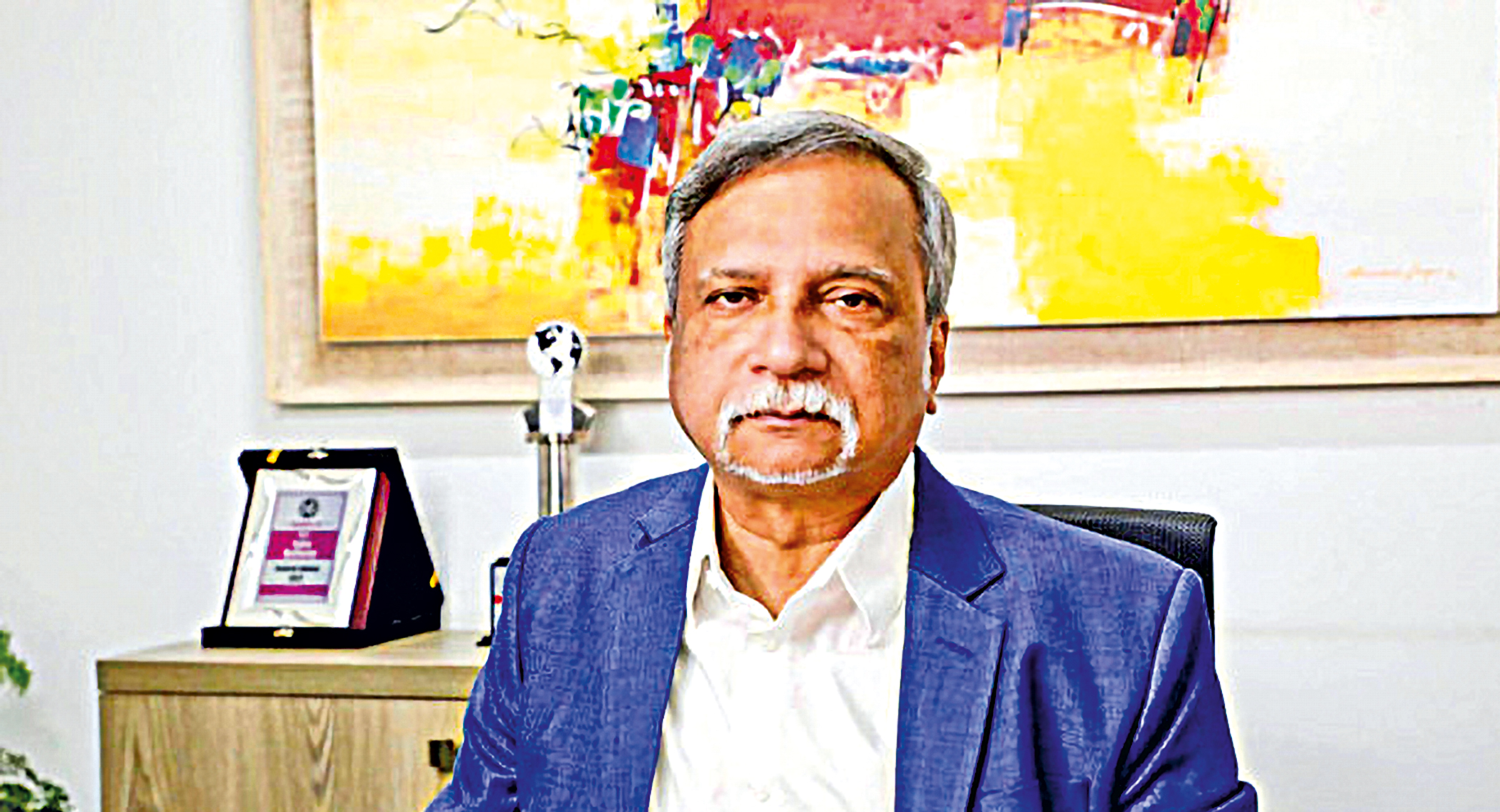Property sales slump. High interest rates, uncertainty are to blame

Political and economic uncertainty, combined with stubbornly high inflation, has crippled the housing market, according to realtors, who say business has been sluggish for the past three years.
Sales of high-end and mid-range flats fell sharply after the political changeover last year, industry insiders say. The market now leans on basic and lower-priced homes, which have shown some resilience amid the turbulence.
According to real estate executives, monthly sales, once 900 to 1,000 flats, have dropped to about 360 to 400 units now. Causes of the slowdown, however, differ across segments.
Developers say wealthy buyers are holding back despite having cash, wary of abrupt anti-corruption raids. Besides, the interim government in the national budget has scrapped the scope for whitening black money by investing in property after paying charges.
At the same time, political uncertainty and economic stress have hit demand for mid and lower-tier apartments. Bank interest rates of up to 15 percent are adding to the pressure.
Only basic and lower-mid flats priced between Tk 1 crore and Tk 1.5 crore show some stability.
"Amid economic uncertainty and looming elections, demand for mid-to-high-end real estate has slowed significantly," said Arup Sarker, senior executive director at Concord Real Estate Ltd.
"Buyers have money but are hesitant. Many are waiting to see the election outcome before making large investments," he told The Daily Star.
Sarker pointed to political uncertainty and high bank rates of 14-15 percent as major deterrents, especially for lower and mid-income buyers reliant on loans.
"High EMIs are discouraging potential buyers. Even the lower-end segment is affected, as these buyers are most sensitive to interest rates," he said.
Sarker said many individual and institutional investors have adopted a "wait-and-see" approach.
He said that demand could rebound if interest rates fall to single digits and political stability improves. "If those factors align, we expect the market to regain momentum," he added.
M Hoque Faisal, director of sales and marketing at Tropical Homes Limited, said, "Only the lower mid-income segment, particularly units priced between Tk 1-1.5 crore, has shown some resilience, currently operating at 60-70 percent of normal sales volume."
The high-end market has nearly stalled, and the lower segment continues to struggle with limited financing, Faisal added. Political uncertainty, policy delays and regulatory bottlenecks have created a climate of hesitation for developers and landowners alike.
He described the sector as being in a prolonged slump, with activity down by more than half over the past three years. Many developers have downsized or suspended projects, held back by repeated policy revisions and unresolved technical issues such as glitches in the digital plan approval system.
"Despite underlying demand, actual transactions remain low," Faisal noted, adding that informal investment has dried up amid political uncertainty.
He believes that without a stable government and a better approval process, market confidence would remain weak.
Aysha Siddika, executive director (Brand) at real estate developer bti, said, "Across the industry, most developers have seen sales decline. For those dealing in high-end products, the drop is even steeper."
"People are hesitant to invest right now. There is money, but no one is in a rush to spend without stability," she told The Daily Star.
She noted that bti's monthly sales, usually 100-150 units, have fallen by 50 to 60 percent. "Buyers are not making decisions, especially in the premium bracket."
"Only affordable, entry-level apartments within the Tk 1.5 crore range are still moving."
Siddika added that land acquisition has picked up, especially among clients seeking long-term value with fewer complications than large development projects. "We have signed several new land deals this year. Clients who want long-term value and less volatility are returning to land," she said.
She believes the market could recover after the national election once buyers and investors regain confidence.
Shihab Ahmed, chief sales officer at Shanta Holdings, said property sales have declined more than expected due to political uncertainty and high loan interest rates.
"There are buyers in the market, but there is a mismatch between property sellers and buyers," he commented. "The premium and luxury segments have seen a significant drop in demand, as clients in these categories are taking more time to make purchase decisions."
Liakat Ali Bhuiyan, senior vice-president of Real Estate & Housing Association of Bangladesh (REHAB), said demand is down to 30-40 percent of normal levels.
REHAB has 892 members nationwide, all involved in construction projects in major cities, including Dhaka.
"The market would not recover until the Detailed Area Plan (DAP) is practically implemented," he told The Daily Star.
He highlighted a shift towards mid-income buyers, with high-end interest fading due to a cautious "wait-and-see" mindset. He said once the DAP is approved, new projects may launch and demand could pick up.




 For all latest news, follow The Daily Star's Google News channel.
For all latest news, follow The Daily Star's Google News channel. 

Comments